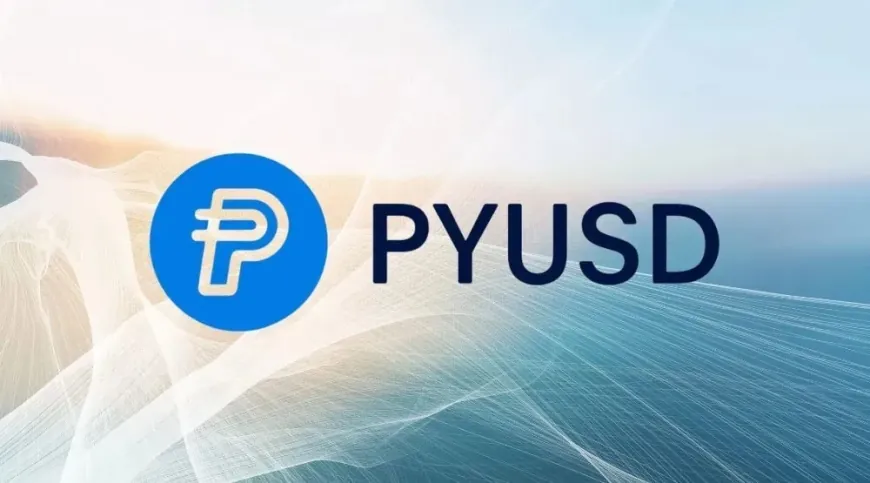PayPal Partners with Spark Digital Capital to Provide $1 Billion Liquidity for PYUSD Stablecoin
PayPal and Spark Digital Capital plan $1B liquidity for PYUSD stablecoin, with $200M already deposited and daily USDC-PYUSD swaps underway.

PayPal has partnered with on-chain capital allocator Spark to increase the liquidity of its stablecoin, PYUSD, aiming to reach $1 billion in the next few weeks. Spark co-founder Sam MacPherson said the collaboration has already brought deposits close to $200 million, demonstrating a new method for introducing stablecoins to the market.
Stablecoins like PYUSD are widely used in decentralized finance (DeFi), but scaling them requires consistent liquidity. Traditionally, issuers rely on third-party market makers, which can charge fees exceeding 10%. Spark uses its own $8 billion reserves to supply liquidity at roughly 7–8%, reducing costs and enabling faster adoption.
The move affects businesses that accept PYUSD. E-commerce and SaaS companies can process international payments immediately and convert them to local currencies without delays. Travel and gaming platforms targeting US, UK, or EU customers can reduce transaction errors because buyers no longer need to manually enter card or wallet details. Transactions are secured through tokenization and biometric authentication.
David Weber, Head of PYUSD Ecosystem at PayPal, said that deeper liquidity allows PYUSD to be used in lending, payments, and other DeFi applications while remaining fully compliant with regulations.
The partnership arrives as stablecoin supply has grown from $235 billion to $263 billion over the past three months. MacPherson said that clearer regulatory guidelines in the US and Europe have encouraged companies like PayPal to participate in DeFi, bridging traditional finance with blockchain technology.
Spark has experience managing large-scale operations. It previously deployed $630 million in Bitcoin-backed loans to Coinbase. Currently, the firm swaps tens of millions of USDC for PYUSD daily, backed by high-quality collateral to maintain stability.
With PYUSD now live on Ethereum, the collaboration provides a practical model for scaling stablecoins. By combining a regulated platform with a large liquidity provider, PYUSD can offer international users faster payments, lower transaction errors, and reliable settlement while following regulatory requirements.
Also Read: Coinbase Adds Fee-Free Access to PayPal’s PYUSD Stablecoin — Could It Challenge USDC and Tether?

































































